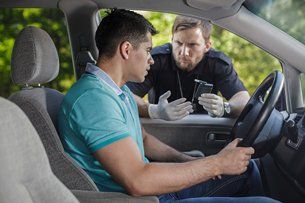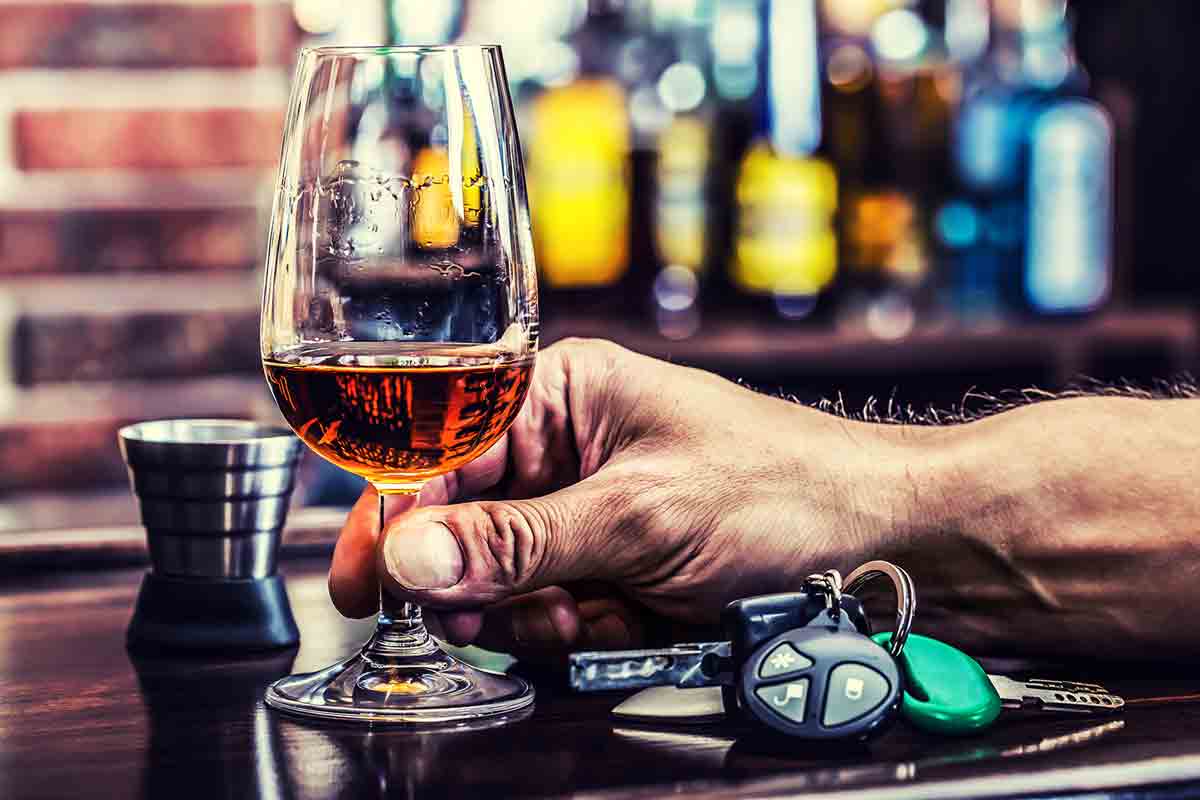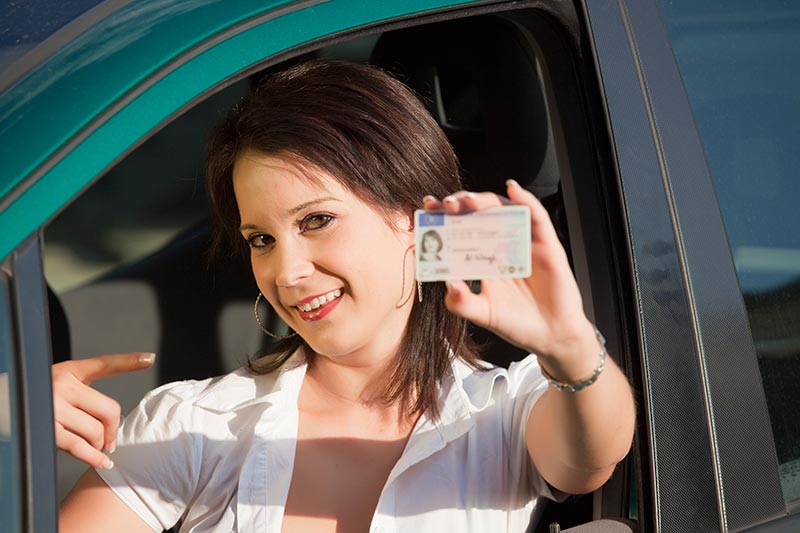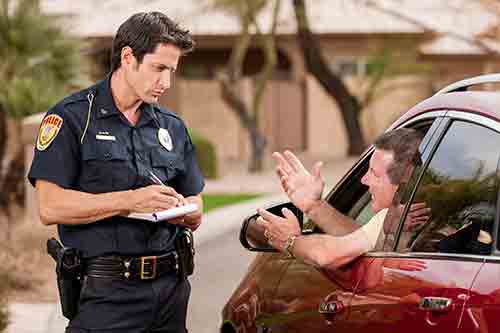Your Breathalyzer Test Might Not Be Accurate
Admin • May 2, 2018

When you have been accused of driving under the influence (also known as a DUI), the officer may ask you to perform a Breathalyzer test. The test might indicate that you were driving with a blood-alcohol level over the legal limit. Fortunately, Breathalyzer tests are not always accurate, and you can challenge the test in court to avoid a conviction.
Here are a few steps you can take.
Argue That the Breathalyzer Model Is Not Reliable
Some Breathalyzer models are not as reliable. For instance, an Ohio judge ruled that the Intoxilyzer 8000 is not scientifically reliable. This ruling has not happened in North Carolina, but it's still a possibility.
Find out the type of Breathalyzer that was used for your test and whether the particular model has a history of false positives.
Show That the Breathalyzer Was Not Properly Maintained
Even with a working Breathalyzer, the device must be properly maintained and in good working order. The operator must perform a 20-minute observation period to rule out potential false readings.
For a Breathalyzer to be accurate, the officer must calibrate it within six months to a year. Otherwise, the sensors might malfunction. If an attorney can find evidence that the Breathalyzer was not correctly calibrated, this development could strengthen your case.
Prove That the Breathalyzer Test Was Not Performed Properly
The officer must also properly time the collection of the breath sample. The sample must indicate that you were intoxicated while operating the vehicle. Try to remember exactly how the test was performed and inform your attorney. If you can obtain a video showing that the officer did not follow the correct protocol, the judge may dismiss your case.
Point Out the Inherent Flaws in Breathalyzers
Breathalyzers do not actually measure the amount of alcohol in your blood. Instead, they estimate the amount of alcohol that is in your blood based on your breath sample. Breathalyzers are more reliable than field sobriety tests because they rely on objective data rather than the subjective opinion of the arresting officer.
However, the Breathalyzer can often have a higher reading than a real blood alcohol test in which a scientist determines the exact percentage of alcohol in a blood sample. Therefore, you could argue that the Breathalyzer is not a sufficient way to prove that you committed a DUI.
Because a Breathalyzer is an indirect way to test your blood alcohol content, the test is influenced by outside factors, such as the ambient temperature at the time of the test, whether or not you were hyperventilating, and the atmospheric pressure. For this reason, you will want to work with an attorney who understands how Breathalyzers work.
Remember That Other Tests Can Also Be Inaccurate
While having your blood tested is often more accurate than a Breathalyzer, the technicians may make errors when performing the test. Some circumstances that could result in inaccurate tests are:
- Vial mix-ups
- Improperly refrigerated vials
- Improperly sterilized equipment
- Fermented blood samples
Each of these mistakes can produce a false positive. Your attorney can have your charges dropped by proving that the technician made one of these mistakes.
The liver can process one drink per hour. However, alcohol can remain in your urine for 80 hours, though it most typically remains in your urine for 6 to 24 hours. Still, testing your urine for alcohol is a much less accurate test because your urine will usually not be tested within two hours of your arrest.
Alcohol may not appear in your urine until two hours after the test. Therefore, your attorney might have an easier time arguing that your urine test should be disregarded.
A DUI is a very serious charge and you will want an attorney experienced with DUIs that can take your case. Barrett & Howell Attorneys At Law
specializes in DUI, traffic tickets and license restoration. Call us today.

 Serving the Entire Raleigh Area
Serving the Entire Raleigh Area 919-833-2561
919-833-2561















